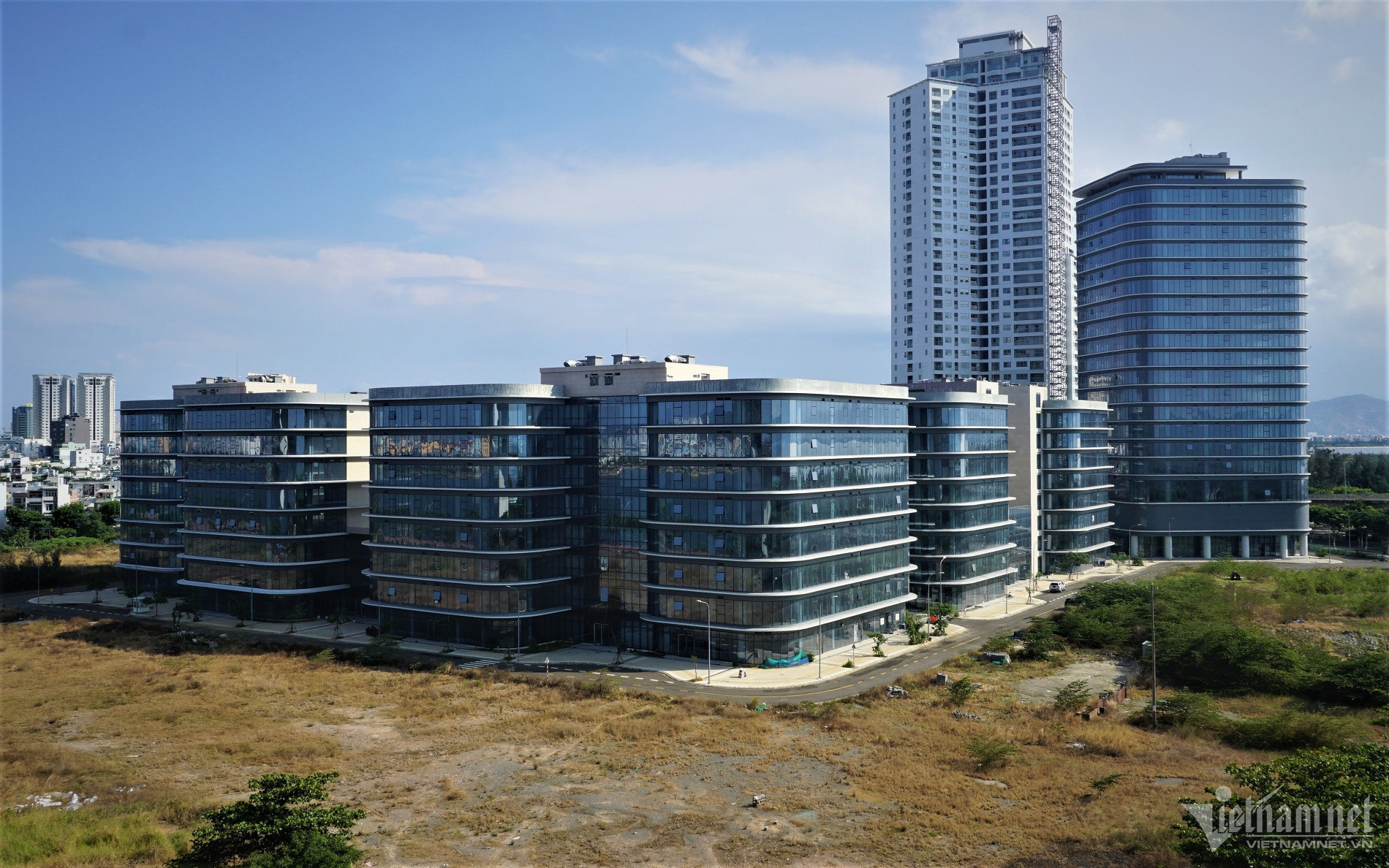
Speaking at the Danang Semiconductor Investment Promotion Conference 2024 on the morning of August 30, Ho Ky Minh, Vice Chairman of the Danang People's Committee, emphasized that the semiconductor industry is recognized as a vital new driver for the city’s socio-economic development. This focus is particularly significant following the recent upgrade in the comprehensive strategic partnership between Vietnam and the United States.
Vice Chairman Ho Ky Minh outlined that Danang's strategy for developing the semiconductor industry centers on three key areas: policy, human resources, and infrastructure. On June 26, the National Assembly passed Resolution 136, which includes special mechanisms and policies for Danang’s urban governance, aimed at attracting strategic investors and partners in the semiconductor industry.
Regarding investment policies, strategic investors will be offered land leases without the need for land use rights auctions or bidding processes. They can opt for one-time land lease payments for the entire lease period, and 150% of actual research and development (R&D) costs can be deducted when calculating corporate income tax.
Enterprises will also benefit from preferential customs procedures and tax regulations, along with support covering up to 5% of total costs for purchasing production support equipment, relocating assets, machinery, technology, and costs associated with new investment projects.
Strategic partners will be directly leased information infrastructure assets without undergoing auctions and will be awarded contracts for purchasing specialized equipment. They will also receive support for up to 5% of total costs for purchasing production support equipment and costs associated with new investment projects, as well as partial funding for hiring highly qualified personnel.
To qualify for these strategic investor and partner incentives, businesses must not only meet capital, revenue, and technology requirements but also commit to long-term cooperation with the city in areas such as human resource training, technology transfer, and expanding investments in Danang.
For semiconductor, artificial intelligence, information and communication technology, and innovation investments, Danang will offer a five-year corporate income tax exemption from the time taxable income is generated.
Enterprises will also be exempt from personal income tax and corporate income tax for organizations with income from share transfers, capital contributions, and rights contributions in innovative startups and semiconductor activities, provided these have not yet been publicly offered. This tax exemption will last for five years from the time of capital contributions.
Individuals will also be exempt from personal income tax for five years on income earned from innovative startup activities, and work in semiconductor design, manufacturing, packaging, and testing within Danang-based enterprises.
Vice Chairman Ho Ky Minh also highlighted that Danang is committed to supporting those studying and working in the semiconductor industry. The city will cover training costs for students specializing in semiconductors and provide allowances for living expenses and other benefits.
Recognizing that human resources are the "core nucleus" of the semiconductor industry, Danang is prioritizing the training of university, master's, and doctoral graduates in semiconductor fields. The city is also focusing on retraining and transitioning engineers and faculty from related disciplines into semiconductor specialties.
Regarding infrastructure, Minh stated that Danang considers it the "backbone" of semiconductor industry development.
In preparation for short-term semiconductor design infrastructure, Danang is focusing on attracting investment in its high-tech zone and three existing concentrated IT zones. By the end of 2024, the city plans to bring the second phase of the Software Park 2 project into operation, providing space for over 6,000 personnel.
Additionally, Danang is exploring the second phase expansion of the Software Park 2 project, which will cover 2.5 hectares, and is creating favorable conditions for strategic investors to invest in new software parks and IT zones across the city, totaling approximately 22 hectares.
The city is also expediting procedures to select investors for developing specialized semiconductor production infrastructure within the Free Trade Zone, aiming to attract investments in testing, packaging, materials, components, and equipment manufacturing within the semiconductor supply chain.
Ho Giap – Dieu Thuy